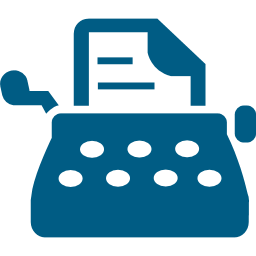“Students often come to narrative writing feeling guilty about reading fiction rather than text books and find it surprising that knowledge and skills in narrative can be useful for medicine. However, contemporary literature can provide access to an abundance of illness and health care stories of doctors, patients and families. Through reading, interpreting and deconstructing these texts students explore different ways of seeing and develop some of the analytical and communication skills useful for history taking, while critically considering issues in medical practice and portrayals of patients and doctors. When writing narratives students can develop more insight into patients’ perspectives and the form that patients use to communicate ill health. This combination of close reading and creative writing enables students to develop the narrative competence and tolerance for ambiguity useful for clinical practice.”
Linda Turner, Narrative Writing Tutor
Lub-dub. Lub-dub. Lub-dub. No matter how hard I pump, my strength is waning. There is nothing I can do. My efforts are futile. I picture the atheromatous plaques accumulating. His blood vessels will soon succumb to the inevitable. I know it! I feel the self-destruction! Corridors are narrowing day by day, as cholesterol crystals deposit. Necrotic lipid cores expand within the tunica intima. The thin fibrous caps will not withstand the invasion of foamy macrophages any longer. I have come to dislike Henry. Children are so careless about their health. The excessive fries, cookies and Cadbury cream eggs are revolting. While he enjoys, I bear the burden. Life in this suffocating body is a misery.
Henry’s Heart by Emma Morris Zubia

It was a glorious Welsh summer’s day. Roger sat in the conservatory whilst a cool breeze whispered through the open sliding door. The world was bright and warm. A bumblebee lazily landed on the table beside me before deciding there was no nectar to be had and returned to the garden. The deliciously fresh aroma of cut grass mixed with the luxurious sweetness of peonies and roses. The calls of the pair of swallows that had taken their yearly residence in the tool shed could be heard over the faint sound of a tractor in a not-too-distant field. Roger, however, was oblivious to his blissful surroundings.
A Loss of Insight by Aaron Sanderson

Since the dawn of time, few individuals have had the ability to revolutionize the world, so deeply in a given field, that their name has the ability to transcend any notion of time, or era. They irreversibly enter the book of “human greats” and join a minuscule subset of humans never to be forgotten by history. These were the Leonardo da Vincis, the Pablo Picassos, the Edward Jenners. I wanted to become one of them.
The Death of the Genetic Lottery By Badr Squali Houssani
